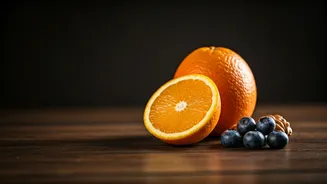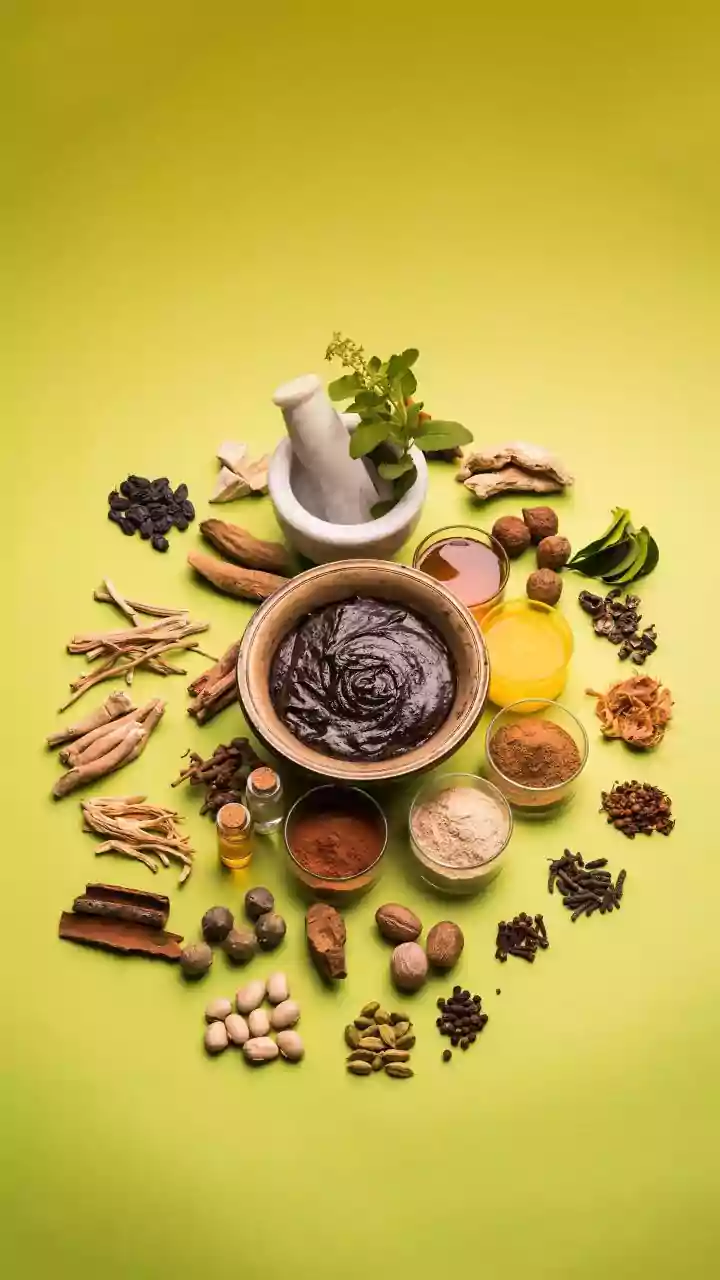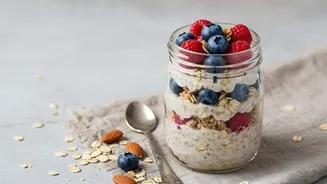Introduction: Vision's Vitality
Our eyesight is a precious gift, allowing us to experience the world with clarity and detail. However, our eyes, like any other part of our body, require
proper nourishment to function at their best. Dietary choices significantly impact eye health, with certain foods offering crucial nutrients that support vision and shield against various eye ailments. This comprehensive guide will showcase eight remarkable foods, each laden with vitamins, minerals, and antioxidants, and crucial for safeguarding your sight. By embracing these dietary additions, you can take a proactive approach to maintain your eye health.
Carrots: The Beta-Carotene Power
Carrots have long been associated with good vision, and for good reason. They are an abundant source of beta-carotene, a compound the body converts into vitamin A. Vitamin A is pivotal for maintaining the cornea, the eye's outer layer, and is also essential for producing rhodopsin. Rhodopsin is a pigment that aids in low-light vision, making it crucial for night vision. Deficiency in vitamin A can lead to dryness of the eyes and can eventually contribute to more severe conditions like night blindness. Consuming carrots, whether raw, cooked, or juiced, provides a readily available source of beta-carotene, helping support your vision and overall health. Aim for a daily serving, or include them as a component of other dishes.
Leafy Greens: Lutein & Zeaxanthin
Leafy green vegetables, such as spinach, kale, and collard greens, are rich in lutein and zeaxanthin. These two antioxidants are vital for eye health, as they filter out harmful blue light and protect against oxidative damage to the eyes. These antioxidants are naturally present in the macula, a part of the retina responsible for sharp, central vision. Incorporating leafy greens into your diet increases the density of these pigments in the macula, which can reduce the risk of age-related macular degeneration (AMD) and cataracts. Regular consumption, ideally as a side dish, in salads, or smoothies, is essential to obtain these vision-protective benefits. Consider sauteing them lightly or adding them to your daily diet to improve intake.
Berries: Antioxidant Boost
Berries, including blueberries, strawberries, and raspberries, are packed with antioxidants, specifically anthocyanins. These antioxidants help protect the eyes from damage caused by free radicals, thus helping to slow down the progression of age-related vision problems. Anthocyanins contribute to the strength of blood vessels in the eyes, which aids in improving blood flow to the retina. Furthermore, the antioxidants present in berries assist in reducing inflammation. Eating a cup of berries daily or adding them to breakfast or snacks can be an easy and delicious way to ensure sufficient antioxidant intake. Ensure that berries are included, either fresh or frozen, for improved benefits.
Eggs: Nutrients Galore
Eggs provide a variety of nutrients important for eye health, including lutein and zeaxanthin, as well as vitamins A, D, and zinc. Lutein and zeaxanthin are concentrated in the macula, working as antioxidants that protect the eyes from damaging light. Vitamin A is crucial for the health of the cornea, and zinc aids in the transportation of vitamin A from the liver to the retina. The combination of these nutrients makes eggs a great dietary inclusion. Consuming eggs, whether boiled, poached, or as a component of other meals, can significantly contribute to better vision and overall eye health. They provide a quick and convenient way to obtain many essential nutrients.
Fatty Fish: Omega-3 Benefits
Fatty fish, such as salmon, tuna, and mackerel, are rich in omega-3 fatty acids. Omega-3s are essential for maintaining the health of the retina, protecting against dryness, and helping to prevent macular degeneration. They have anti-inflammatory properties, reducing the risk of eye diseases. These are essential for the health of the eyes and the overall function of the nervous system. Aim to eat fatty fish at least twice a week to maximize omega-3 intake. If you're not a fan of fish, consider fish oil supplements, but always consult with a healthcare professional before starting any new supplement regimen.
Nuts and Seeds: Vitamin E
Nuts and seeds, including almonds, walnuts, and flaxseeds, are excellent sources of vitamin E. Vitamin E is a powerful antioxidant that protects the cells in your eyes from damage caused by free radicals. This protection is particularly important as you age. Consuming nuts and seeds regularly helps reduce the risk of cataracts and macular degeneration. They also offer healthy fats and other nutrients beneficial for overall health. Add a handful of nuts or seeds to your breakfast cereal, salads, or snacks. Remember to consume these in moderation to help maintain a balanced diet while providing a boost to your vision health.
Citrus Fruits: Vitamin C Power
Citrus fruits, such as oranges, grapefruits, and lemons, are loaded with vitamin C. Vitamin C is another powerful antioxidant, helping to protect your eyes from free radicals and preventing cellular damage. The high vitamin C content in citrus fruits aids in the formation of collagen, a crucial structural component of the cornea. Consuming foods high in vitamin C helps in reducing the risk of cataracts and AMD. Include citrus fruits in your diet daily, either by drinking fresh juice or eating the fruits directly. A balanced intake contributes to overall health, especially for eye health. Consider these fruits as a regular part of your meals to support your vision.



















